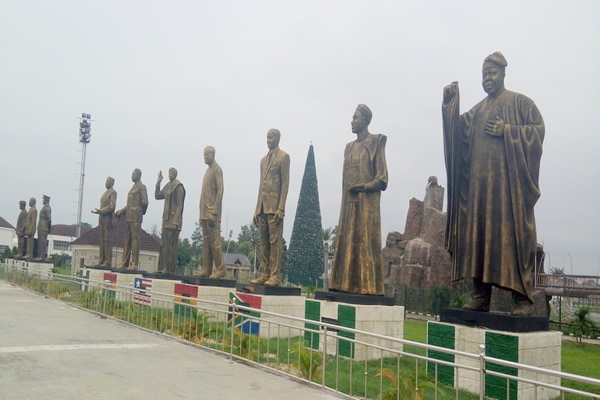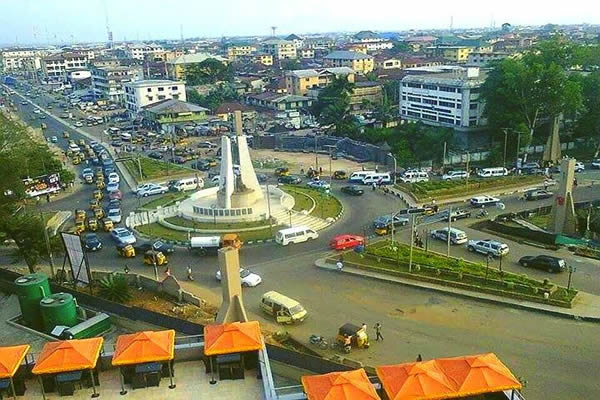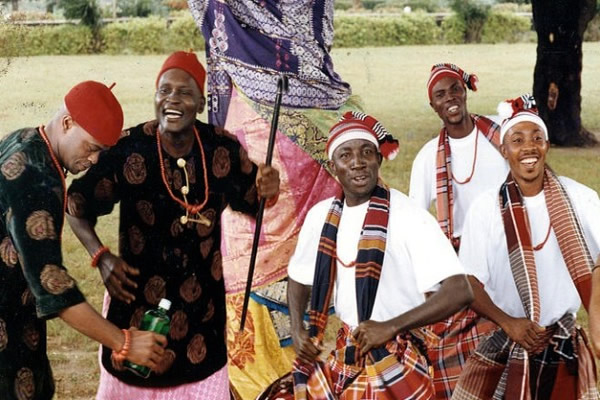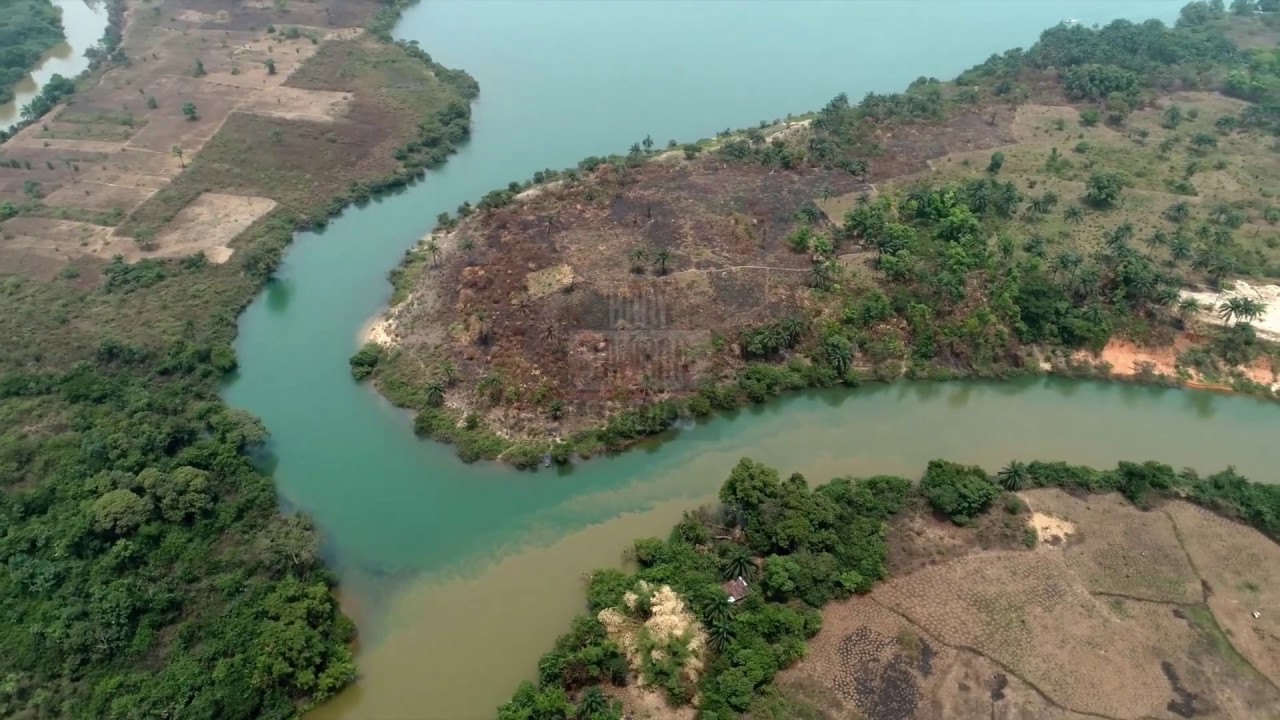
History
Imo State is one of the seven states created by the Federal Military Government on February 3,1976 during the Murtala Muhammad regime.Hitherto, the area known as Imo State was part of the defunct East Central State which was one of the twelve states initially created by the Federal Military Government (General Yakubu Gowon's regime) in 1967.
With the creation of more states in 1991 by General lbrahim Babangida, Abia State was carved out from Imo State. The new Imo State is divided into twentyseven local governments areas (LGAs), and three senatorial zones .
Situated in south eastern Nigeria, Imo State covers an area of 5,530 square kilometres. Imo State shares boundaries with Enugu and Ebonyi States to the north, Anambra State to the west, Rivers State to the south and in the North and Rivers State to the South, Cross River and Akwa Ibom States to the east.
The inhabitants of Imo State are Igbo. The official language of the state is Igbo alongside English. Imo State has a rich cultural heritage. This is manifested in dressing, music, dance, festivals, arts and crafts.
Imo State derives its name from Imo River, which takes its course from the Okigwe/Awka upland. It lies within latitudes 4°45'N and 7°15'N, and longitude 6°50'E and 7°25'E. Imo State has many rivers. The main rivers in the state are Imo, Otamiri and Njaba. The major lakes are in Oguta and Abadaba in Obowu local government area.

The main streams draining the state are Imo, Otamiri, Njaba and Orasi rivers, all of which have very few tributaries. With the exception of Imo River, which runs through the area underlain by the Imo Shales, other rivers rise within the coastal plain sands. Generally, river valleys constitute the major physical features, which are often marshy. The vegetation is tropical rain forest.
People & Culture:

Imo State has an estimated population of about 4.8 million and the population density varies from 230-1,400 people per square kilometer.
The state is culturally homogeneous as it is a predominantly Igbo speaking state with minor differences in dialects. Imo State has a very rich cultural heritage and this is manifested in dressing, music, dance, festivals, arts and crafts, and the traditional hospitality of the people.
Imo State indigenes are predominantly Christians of different denominations, but mostly Catholicism. Some people in the state still practice traditional religions.
Cities & Towns::
Other important cities and towns include Owerri, Mbaise, Orlu, Oguta, Okigwe, Uzoagba, Emekuku, Mgbidi Nkwerre, Agu, Orie, Obowu, Ideato etc.TOURISM::

Oguta Lake, Oguta:
Oguta Lake is the largest natural lake in Imo State and is supposed to have originated from a natural depression. The lake is of immense value to the people of Oguta, Orsu, Nkwesi and Awo.In the colonial era, the Oguta Lake was a port for the evacuation of palm products and the relics of the jetties used by the United African Company (U. A. C.) still exist today. During the civil war, the Oguta Lake was a marine base for the Biafran Navy. Visitors can take a cruise on the lake or play a round of golf on the 18-hole course on the bank of the lake.
The Orashi River has its source in Imo State. Imo River, being the major river in the State, drains through Abia State, where it is joined by Aba River from the North, and Akwa Ibom State into the Atlantic Ocean.
There are Njaba River, Oguta Lake, Utu River and Awbana River in the State. Otamiri River and its 9.2 km length tributary, Nworie River flow in the State.:4 There are other rivers and creeks in the state including Onas Creek in Ohaji/Egbema, Okitankwo River in Umudi, and Ohia and Efuru Rivers in Okigwe.
Emergency Numbers (08034773600, 08037037283, 08033104650)
Banks in Imo
Brief History of Imo
Business and Economy
Festivals and Carnivals
General and Teaching Hospitals
Hotels and Guest Houses
Local Governments & LCDAs
Imo State Ministries Agencies and Parastatals
Police Stations
Popular Markets
Prominent Towns
Restaurants, Bars, Night Clubs
Shopping Malls
Imo State Executive Council
Tourist Attractions
Traditional Rulers
Banks in Imo
Brief History of Imo
Business and Economy
Festivals and Carnivals
General and Teaching Hospitals
Hotels and Guest Houses
Local Governments & LCDAs
Imo State Ministries Agencies and Parastatals
Police Stations
Popular Markets
Prominent Towns
Restaurants, Bars, Night Clubs
Shopping Malls
Imo State Executive Council
Tourist Attractions
Traditional Rulers




